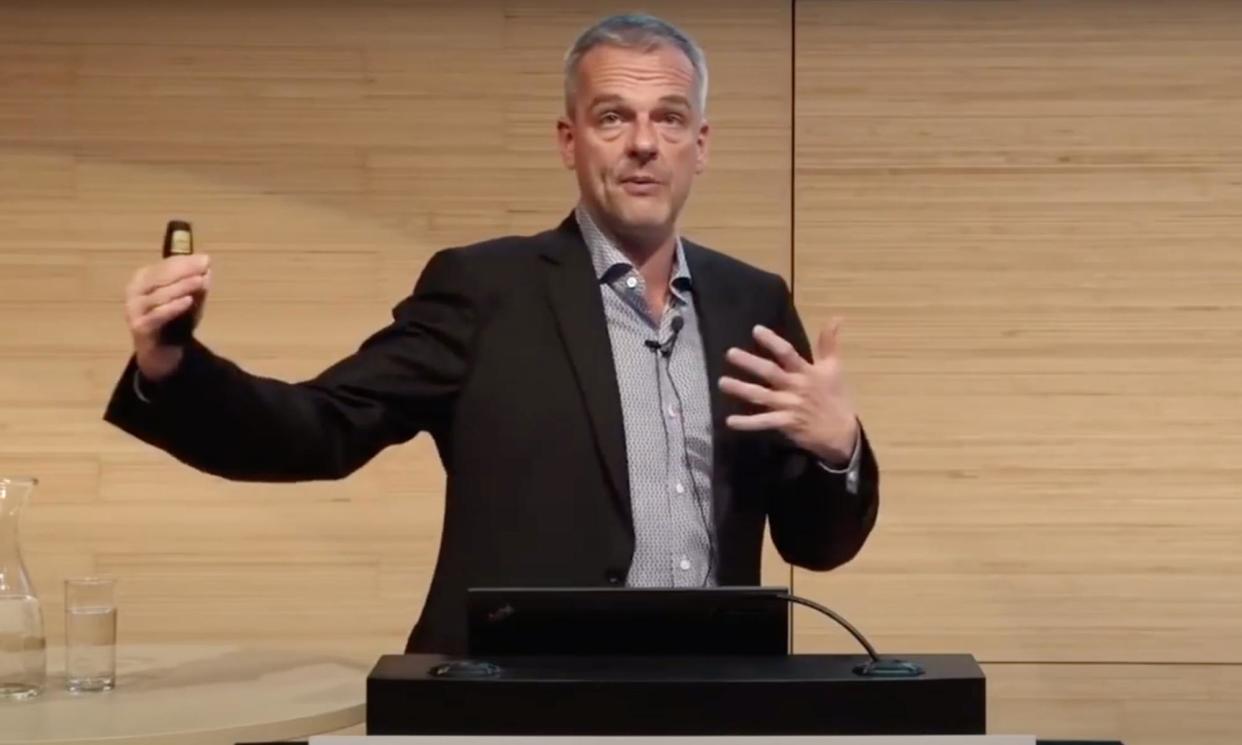If the Labour party won’t be the great leveller, what will?

George Monbiot’s article is spot-on (Things are not going to get better as long as oligarchs rule the roost in our democracies, 27 June). We need to return to the relative equality, fairness and functional state that we had between 1945 and 1975. Monbiot draws attention to the historian Walter Scheidel’s assertion that only four forces have ever significantly reduced inequality: “mass-mobilisation warfare (such as the two world wars), total and violent revolution, state collapse and devastating plagues”.
None of these seem to be particularly attractive solutions. A fifth option could be an innovation in participatory democracy, the Citizens’ Mandate for Change, available online. It asks people what changes they want, summarises them monthly and sends them to politicians. The accompanying book, Saving Our World: Plan B, explains how, if this idea spreads widely enough, it has the capacity to effect transformational change. Is this, perhaps, our path of greatest hope?
John Seymour
Presteigne, Powys
• I fear that we shall experience, all too soon, the great leveller to which George Monbiot alludes, but it will be neither the four horsemen of the apocalypse nor Walter Scheidel’s modern equivalents. The fifth apocalyptic horseman, climate crisis, is upon us, and the other four, whether biblical or Scheidel’s, will follow while bitter conflicts rage around the world. In the aftermath, shall we have a new golden age or – in EP Thompson’s memorable phrase – a chiliasm of despair? We can but hope that enough of our world is habitable for it to be worth rebuilding the good society that we enjoyed for 30 years from 1945.
Bruce Purvis
Winchester, Hampshire
• George Monbiot offers a sobering analysis of 21st-century economics in the UK and more widely. He closes by stating that we shouldn’t accommodate the current reality of economic power, but engage in “the mother of all battles” with it. How to make progress in such a monumental task? Keep reminding UK citizens of the 14 years of Tory misgovernment. We cannot afford another Brexit-like aftermath with a deep denial of how we were sold a lie and its disastrous consequences.
If Labour forms the next government, it must remind people of Tory ineptitude, irresponsibility and arrogance as frequently as they occurred and as often as Keir Starmer’s “my father was a toolmaker” strategy. To stand any chance of winning the battle, we must recognise our recent political history, commit not to repeat it and steer away from the failed neoliberalism of the past.
Richard Churcher
London
• I agree with George Monbiot’s claim that Keir Starmer’s “limp offering” will not reverse a “spiral of accumulation by the very rich”. Last Wednesday, I attended a hustings in the Bristol South constituency to discuss the climate and nature emergency. It was no surprise that the Tory and Reform candidates did not attend, but I was shocked that the Labour candidate did not.
I understand that the Labour candidate for Bristol North West, who has previously strongly supported climate action, also withdrew from a similar hustings. Has this been happening all over the UK? Is this because Labour now has little to offer on climate action? Fortunately, the Green candidate was impressive in her understanding of the need for systemic change. So for the first time ever, I will be voting for the Green party.
Hilary Saunders
Bristol
• Do you have a photograph you’d like to share with Guardian readers? If so, please click here to upload it. A selection will be published in our Readers’ best photographs galleries and in the print edition on Saturdays.

 Yahoo News
Yahoo News 
